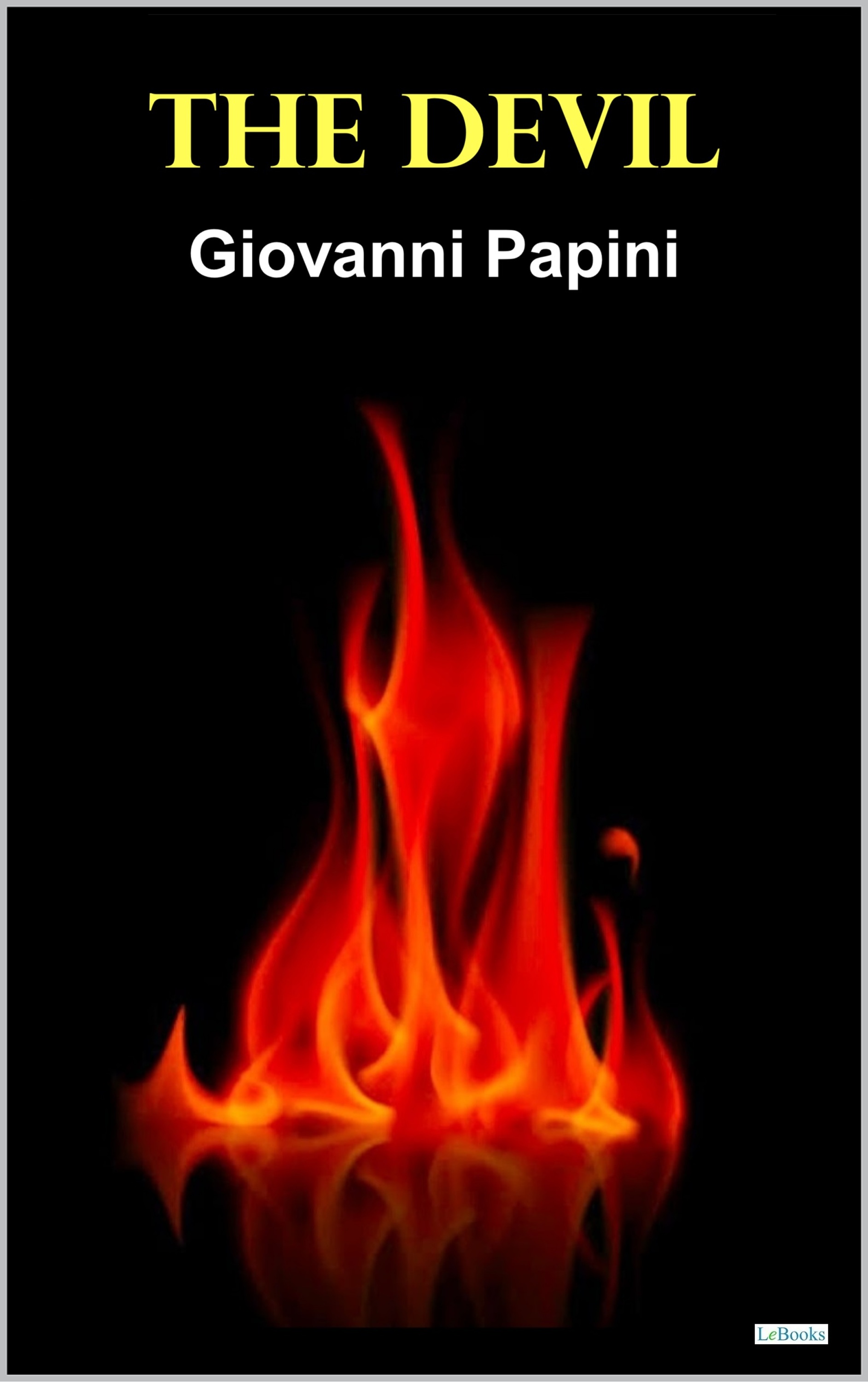
The Devil is a provocative and philosophical exploration of the nature of evil, written by the Italian author Giovanni Papini. Structured as a fictional autobiography of the Devil himself, the book presents a bold and unconventional narrative in which the Prince of Darkness reflects on his origin, mission, and complex relationship with God and humanity. Through this intimate confession, Papini challenges traditional theological interpretations, delving into metaphysical questions about free will, divine justice, and the paradoxes of good and evil.
In The Devil, Papini confronts the reader with unsettling insights into the human condition, suggesting that the presence of evil is not only a rebellion but also an integral part of the divine plan. By humanizing the Devil, he blurs the lines between sinner and savior, punishment and purpose, offering a controversial rethinking of Christian doctrine. The work is deeply rooted in existential thought and spiritual inquiry, reflecting Papini's broader preoccupations with redemption, suffering, and the meaning of faith.
Since its publication, The Devil has been recognized for its daring originality and theological depth. Its philosophical provocations and literary audacity have sparked debate and admiration alike, securing its place as a significant, though often overlooked, work of 20th-century religious literature. Through its introspective monologue and moral ambiguity, the book continues to inspire reflection on the complexities of belief, the struggle between light and darkness, and the eternal search for truth